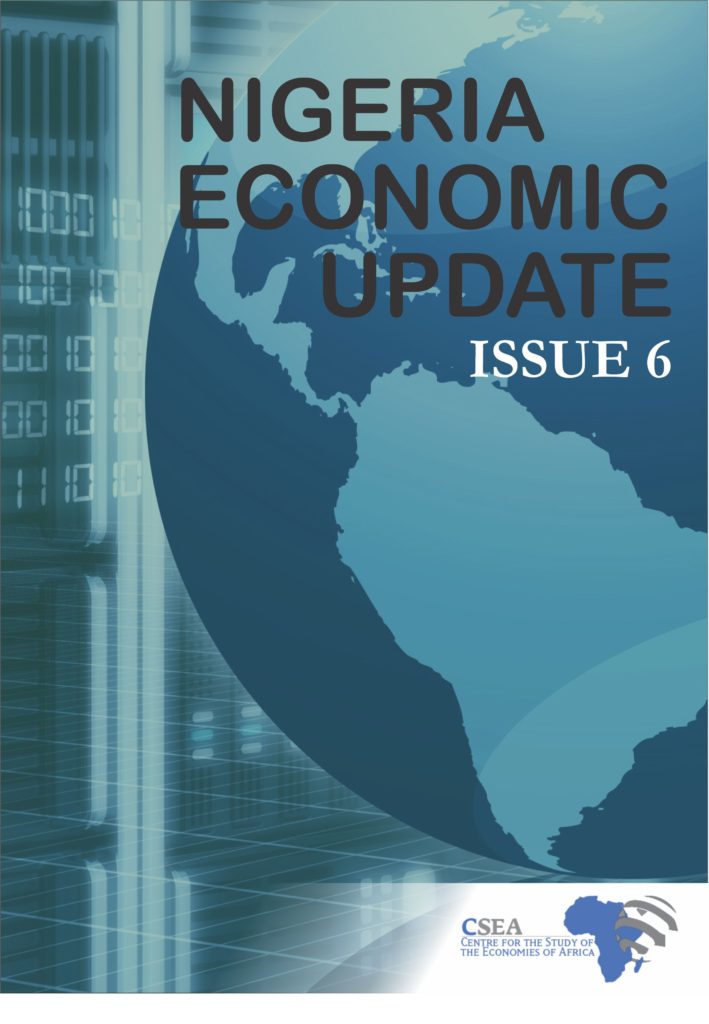The federal government fiscal operations in 2017 shows that there were deficits for the four quarters recorded. The CBN report reveals that the federal government spent a total of N147.11 billion on capital expenditure in the four quarters (including a 2016 fiscal year roll-over due todelay in approving the 2017 budget), and N3.64 trillion as recurrent expenditure in 2017. Capital releases suggest that only about 6.6 percent of budgetary amount of N2.24 trillion was spent in the fiscal year, while recurrent expenditure represented 72 percent of N5.06 trillion budgeted
for the year. Nigeria’s recurrent expenditure has always exceeded capital expenditure for infrastructure, however, the delay in the passage of the 2017 budget (in June 2017) may have triggered the slow-down in capital releases. Nonetheless, the 2017 budget is still being followed, given that the 2018 budget has not been passed. Going forward, the process of the 2018 budget release should be expedited, as delay in budget sends negative signals to foreign investors which could make them divert capital investment to other countries.
Macroeconomic Report & Economic Updates

March 10, 2018
Nigeria Economic Update (Issue 6)
The federal government fiscal operations in 2017 shows that there were deficits for the four quarters recorded. The CBN report reveals that the federal government spent a total of N147.11 billion on capital expenditure in the four quarters (including a 2016 fiscal year roll-over due todelay in approving the 2017 budget), and N3.64 trillion as […]
Read →
Related
Nigeria Economic Update (Issue 13)
OPEC basket price increased (Week-on-Week) by 1.6 percent to $49.45 per barrel on March 31, 2017- the first increase recorded in three weeks. Also, Bonny light rose by 4.7 percent to $51.92 per barrel. The rise in crude oil prices reflects demand-side expansion, consequent upon a myriad of factors: slower rise in USA crude reserves, huge supply disruptions in Libya, and the prospective extension of OPEC supply cut deals in member countries. The strengthening of crude oil price amid calm in the Niger Delta oil region, presents positive outlook for the Nigerian economy. However, given the adverse implications of sole dependence on crude oil revenue, the government should avoid returning to the norm and make efforts to intensify investments in other key sectors of the economy
